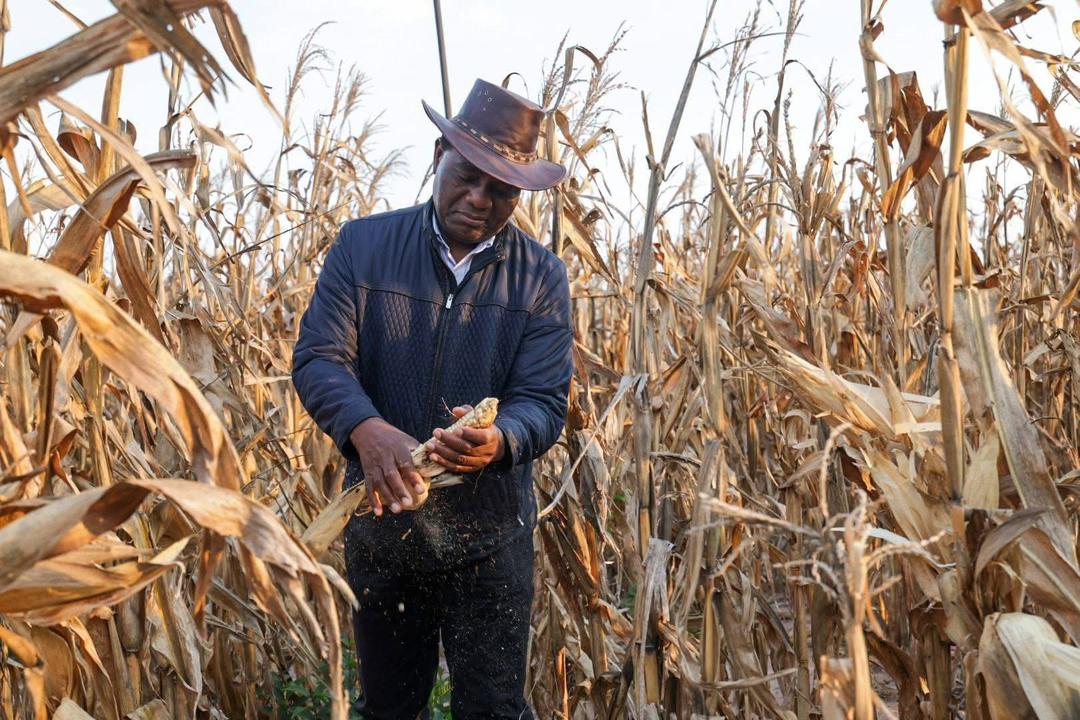Reported by: The Agency Media.
Date: 17th June, 2025.
Harare, Zimbabwe.
In a major step forward for food security in Southern Africa, Zambia, along with Lesotho, Malawi, Mozambique, Namibia, and Zimbabwe, has been officially removed from the FAO-WFP Global Hunger Hotspots list, according to the latest Hunger Hotspots 2025 report.
The joint report by the Food and Agriculture Organization (FAO) and the World Food Programme (WFP) highlights substantial improvements in food security in these six countries, following years of vulnerability to hunger and malnutrition caused by climate extremes, economic volatility and recurring natural disasters.
The progress is largely credited to favorable climatic conditions that supported improved harvests and targeted, coordinated interventions by governments, local communities and development partners. These developments signal a positive shift in the region’s long-standing struggle with food insecurity.
The report, which is supported by the European Union through the Global Network Against Food Crises (GNAFC) aims to provide early warnings on acute food insecurity to inform timely humanitarian and development responses.
While the current edition also flags deteriorating food crises in countries like Sudan, Haiti and Palestine, the removal of the six Southern African nations serves as a compelling case study of what coordinated climate-smart agricultural investments and resilience-building can achieve.
FAO’s ongoing technical assistance across these countries has played a key role in driving the gains.
Initiatives include:
- Promotion of climate-smart agriculture
- Expansion of irrigation infrastructure
- Access to quality seeds and fertilizers
- Strengthening of agricultural value chains
- Support for smallholder farmers
- Improved post-harvest management
- Sustainable land and water resource use
Patrice Talla, FAO Subregional Coordinator for Southern Africa, hailed the milestone as a testament to collaborative success:
“This is a momentous achievement for the SADC region and a testament to the hard work and dedication of communities, governments and partner organizations. While the delisting is cause for celebration, it is not the time for complacency. We must double down on our investments in sustainable agriculture, climate adaptation, and social protection to ensure no one is left behind.”
Talla reaffirmed FAO’s commitment to working closely with Member States to consolidate gains and build resilient agrifood systems, underscoring the importance of sustained collaboration, technical support and resource mobilization to tackle persistent challenges like poverty, inequality and climate change vulnerability.
This removal from the hunger hotspots list is more than symbolic, it is a clear demonstration that achieving Zero Hunger is within reach when strategic planning meets collective action.
ZeroHunger #FoodSecurity
FAO #WFP #ZambiaNews
ClimateSmartAgriculture
SouthernAfricaProgress
SADCResilience
DeliveringForThePeople
EndingHungerTogether
The Agency.

